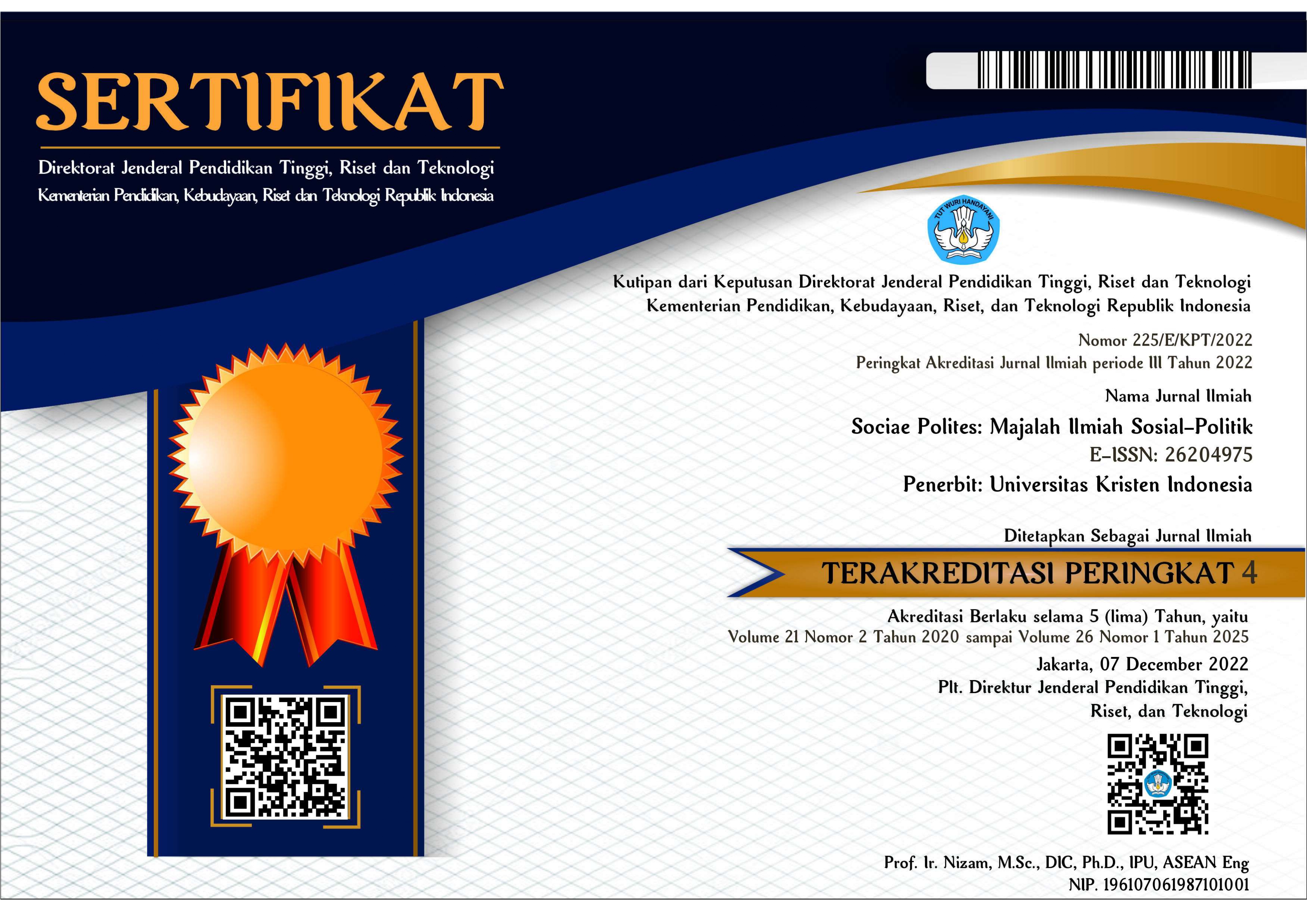DIGITAL TRANSFORMATION IN JAKARTA'S MUSEUMS: LEVERAGING AI AND IOT TO OPTIMIZE SMART SUSTAINABLE TOURISM
DOI:
https://doi.org/10.33541/sp.v26i1.6835Abstract
This study investigates the implementation of Artificial Intelligence (AI) and the Internet of Things (IoT) in three museums in Jakarta, National Museum, Jakarta History Museum, and Wayang Museum, as part of a digital transformation strategy to support smart and sustainable tourism. Employing a qualitative case study approach, data were collected through in-depth interviews, participant observation, and document analysis. The findings reveal severalchallenges, including limited infrastructure, inadequate digital equipment, and low digital competency among staff. Among the three, the National Museum demonstrates more advanced adoption, particularly in digital guide applications and institutional support. A preliminary survey of 56 respondents aged 18–30 indicates strong interest in Augmented Reality (AR), Virtual Reality (VR), and interactive media, with 72% actively sharing their museum experiences on Instagram. These insights highlight the need for digital strategies aligned with the preferences of digital-native generations. To address existing gaps, the study proposes a Smart Navigation and Information System (SNIS) that integrates AI-driven personalization with IoT-based environmental monitoring to optimize visitor engagement and curatorial practices. Overall, this research underscores the strategic role of digitalization in advancing sustainable tourism through enhanced cultural preservation, visitor experience, and institutional resilience.
Keywords: museum digitalization, artificial intelligence, internet of things, smart sustainable tourism, cultural tourism


 Sociae Polites: Majalah Ilmiah Sosial Politik
Sociae Polites: Majalah Ilmiah Sosial Politik